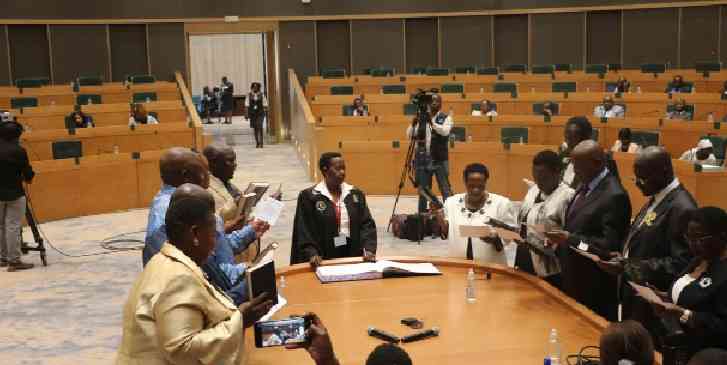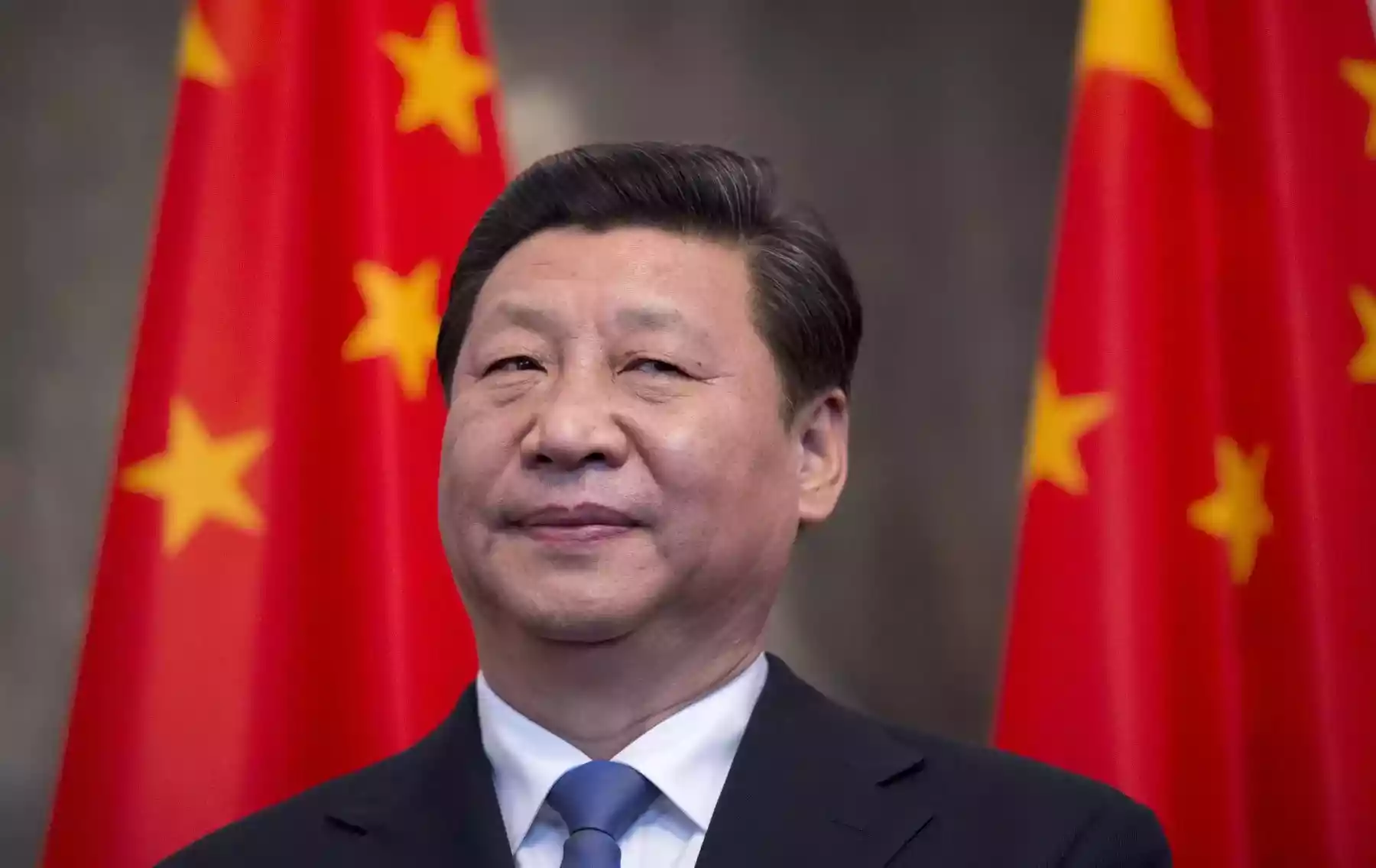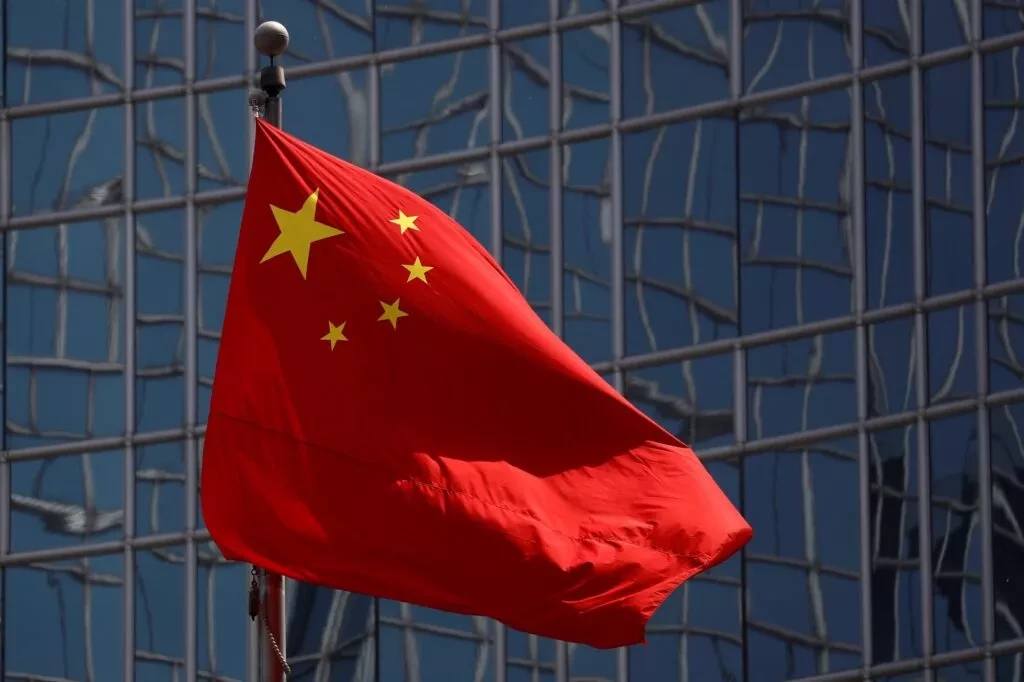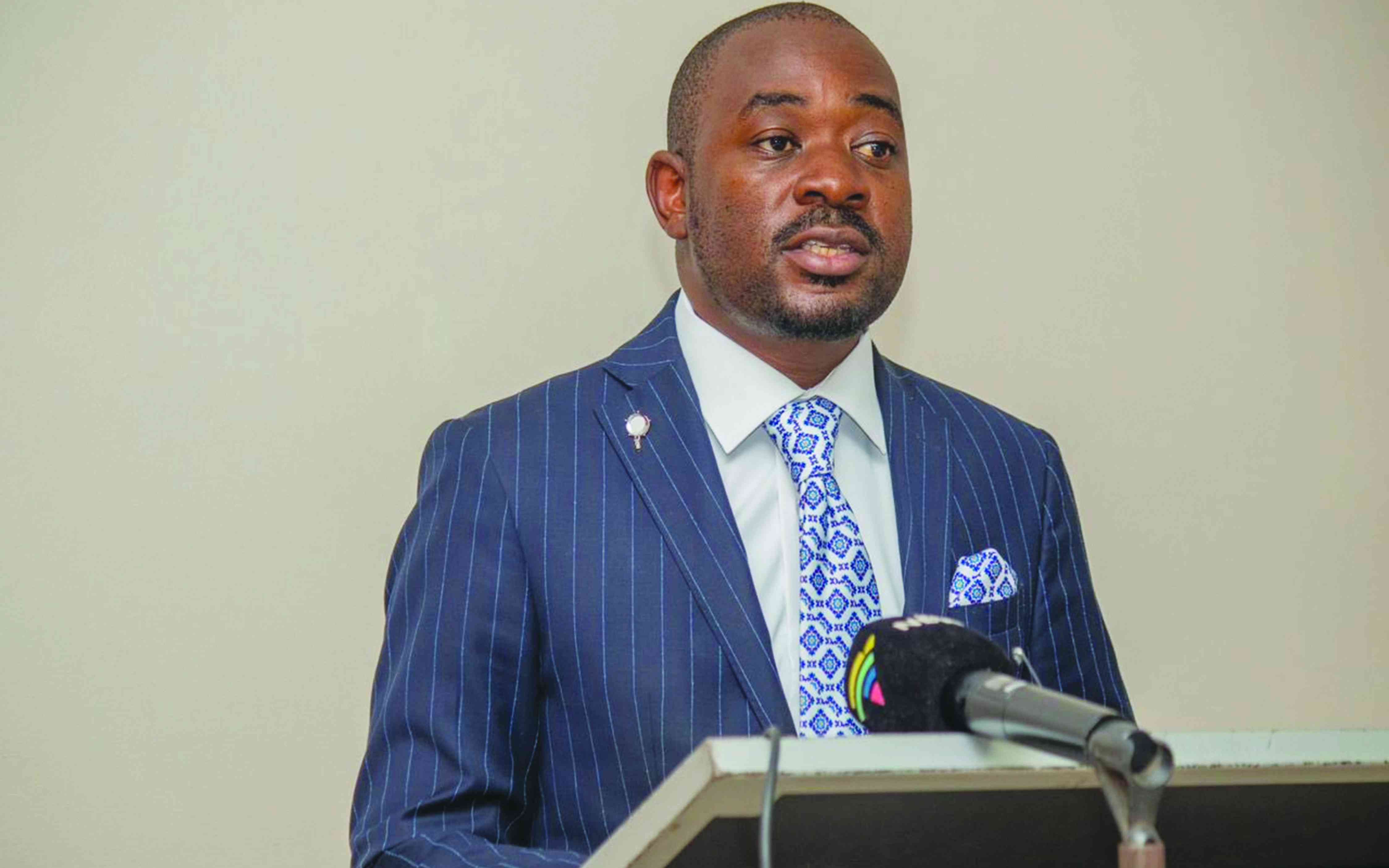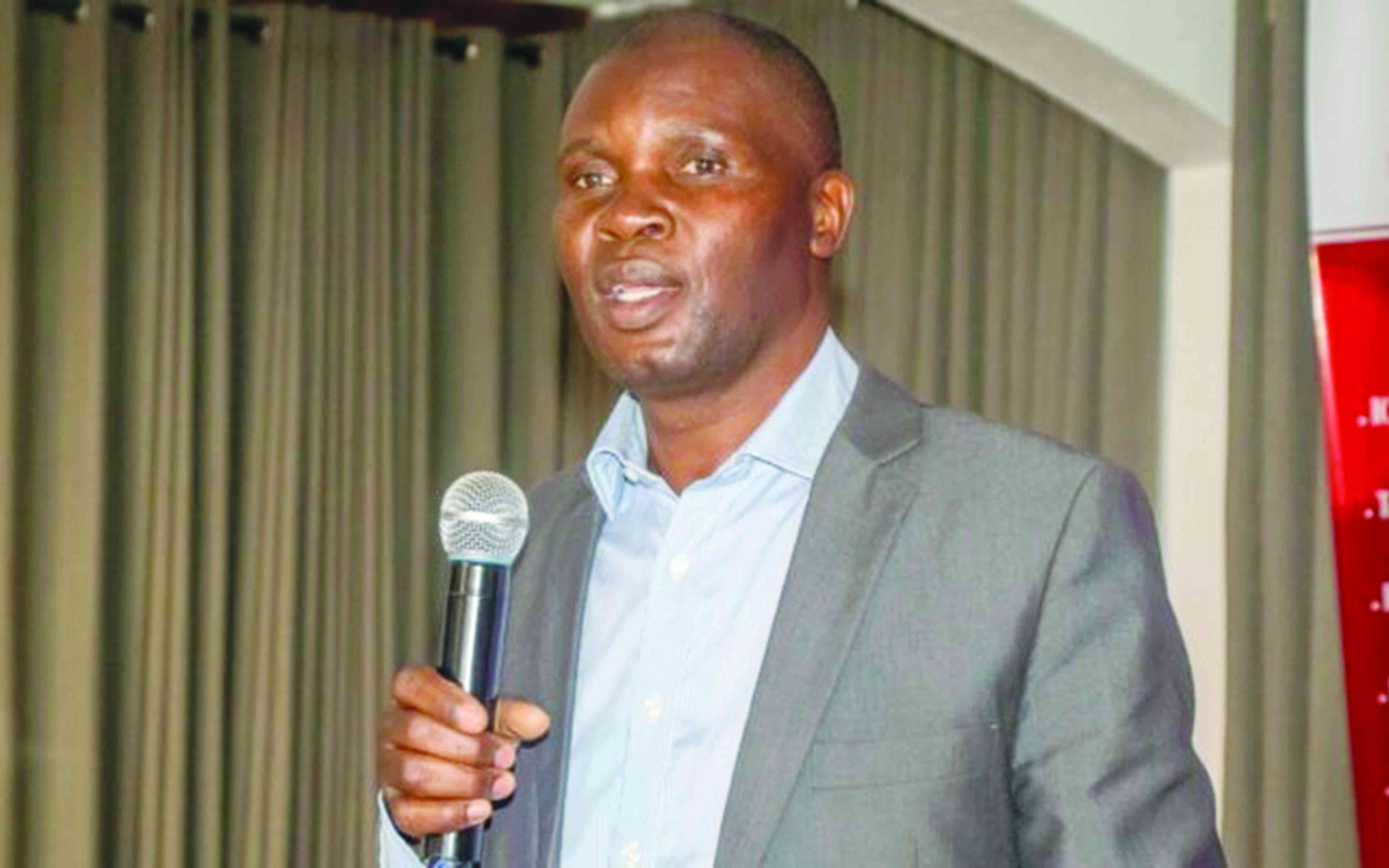
FROM the moment one steps off the plane at Singapore’s Changi International Airport, it is clear you have entered a country that takes itself seriously.
The air inside the terminal is cool and subtly fragrant, the floors gleam and everything, from immigration to baggage claim, moves with quiet, deliberate precision.
There is no shouting, no jostling and no confusion. Even the airport staff smile with the calm assurance of people who know their systems work. The atmosphere felt more like a five-star mall than an airport.
For a traveller accustomed to long queues and weary officials, Changi feels almost otherworldly.
At Changi, technology and humanity blend seamlessly. The digital customs kiosks process travellers in seconds. Your luggage, tagged and tracked electronically, glides onto the carousel almost as you arrive.
This island, smaller than New York City, is today the wealthiest nation in Asia and among the richest in the world. Its GDP per capita surpasses that of the United States, France and the United Kingdom.
Yet, when it gained independence in 1965, it had no natural resources, no vast farmlands, no oil and no minerals — nothing but its people. What it did have was a clear vision.
Singapore’s founding father, Lee Kuan Yew, understood that progress would depend on integrity, discipline and planning. Corruption was crushed, efficiency rewarded and citizens were told that no one else would build their nation for them.
- Hebrew scriptures: The purpose of prayer
- Back Noam Chomsky calls ChatGPT a tool for ‘plagiarism’ and ‘way to avoid education’
- Comedy gives me a chance to share the joys of this world: Ckanyiso DatGuy
- Jury finds Trump liable for sexual abuse, awards accuser $5M
Keep Reading
As one strolls through the city, the orderliness is almost unnerving for an African visitor. The streets are spotless, not by accident, but by design.
Singapore enforces anti-littering laws with strict penalties: fines of up to US$700 for first-time offenders, public cleaning duties for repeat offenders and even higher penalties for serious breaches. The message is clear, public spaces belong to everyone and everyone must protect them.
And then comes the uncomfortable comparison. Why can we not build the same in Africa?
Our late former president, Robert Mugabe, spent months in Singapore, where he eventually died in 2019, because he could no longer trust the health system he had presided over for nearly four decades.
The hospitals at home were broken, their equipment obsolete and their staff demoralised. Yet he died in a nation that had no natural wealth, only honest leadership and long-term planning. The irony is cruel.
Today, Zimbabwe is a shadow of its former self, a country of potholes, power cuts, high unemployment and despair.
Its cities reek of uncollected garbage. Vendors are chased by municipal police as if poverty were a crime. Mugabe’s legacy is not unique, it mirrors much of Africa’s story.
Across the continent, nations overflowing with natural wealth remain trapped in poverty. The Democratic Republic of Congo holds the world’s richest mineral deposits yet struggles to feed its citizens.
Nigeria’s oil wealth has bred oligarchs, not prosperity. From Harare to Kinshasa, from Luanda to Lagos, the pattern is the same — corruption, greed and a devastating lack of accountability.
So, what went wrong in Africa? We chose politics over policy, patronage over progress and personal gain over public good. We glorify strongmen instead of strong systems. We celebrate thieves for their cunning instead of condemning them for their crimes.
Singapore’s success is not magic, it is management. It is what happens when leaders plan for the next generation, not the next election. It is what happens when governments serve the people instead of themselves.
Mugabe found peace in a land that embodies everything his leadership destroyed. For the rest of Africa, his death in Singapore should serve as a warning: if our leaders continue to flee abroad for healthcare, education and safety, then independence means nothing.
As I stood at Changi Airport, watching families glide through efficient lines, I felt both admiration and grief — admiration for what Singapore has achieved and grief for what Africa could be, but is not.
The question that lingers is haunting yet urgent: When will Africa finally wake up and demand better, not from others, but from itself?

